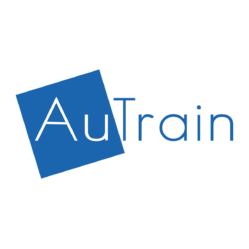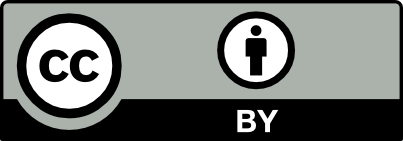09:00 – 12:00 (Estimated time: 3 hours)
Rationality: An inclusive society starts with the philosophy that every individual, each with rights and responsibilities, belong in the community life, has an active role to play, and feel valued, safe, connected, and cared for (Schaffner & Buswell, 1996; United Nations, 1996). An inclusive society promotes a “meaningful participation of persons with disabilities in all their diversity, the promotion and mainstreaming of their rights into the work of the Organization, the development of disability-specific programmes and the consideration of disability-related perspectives, in compliance with the Convention on the Rights of Persons with Disabilities“ (United Nations, 2020, p. 10)
According to The United Nations (2020):
Disability inclusion is an essential condition to upholding human rights, sustainable development, and peace and security. It is also central to the promise of the 2030 Agenda for Sustainable Development to leave no one behind. The commitment to realizing the rights of persons with disabilities is not only a matter of justice; it is an investment in a common future. However, persons with disabilities continue to be among those who are most excluded, including in gaining access to education, health services and employment and in participating in political decision-making. They represent a diverse group of people who have different impairments and support requirements and face significant barriers in exercising their rights throughout the life cycle. Some groups face even greater marginalization, for example women, children and older persons with disabilities, deafblind persons and persons with intellectual and psychosocial disabilities, and are more likely to be excluded from services, to be placed in institutions and to experience higher rates of violence, neglect and abuse, including sexual and genderbased violence. (p. 7)
Within this context, this first module aims to develop and extend skills in understanding the rationality of an inclusive society, and its significance for the success and well-being of people with Autism Spectrum Disorder.




